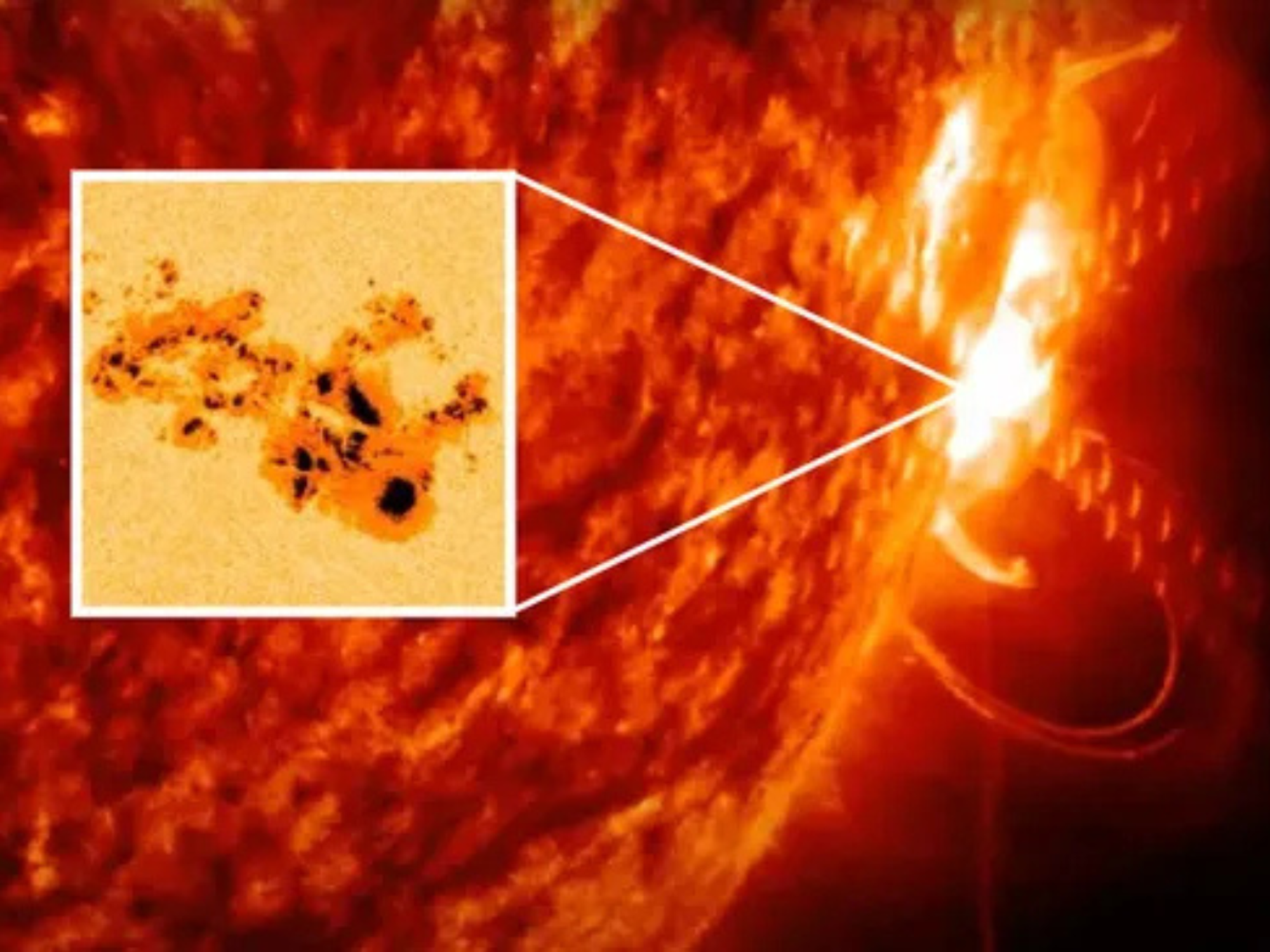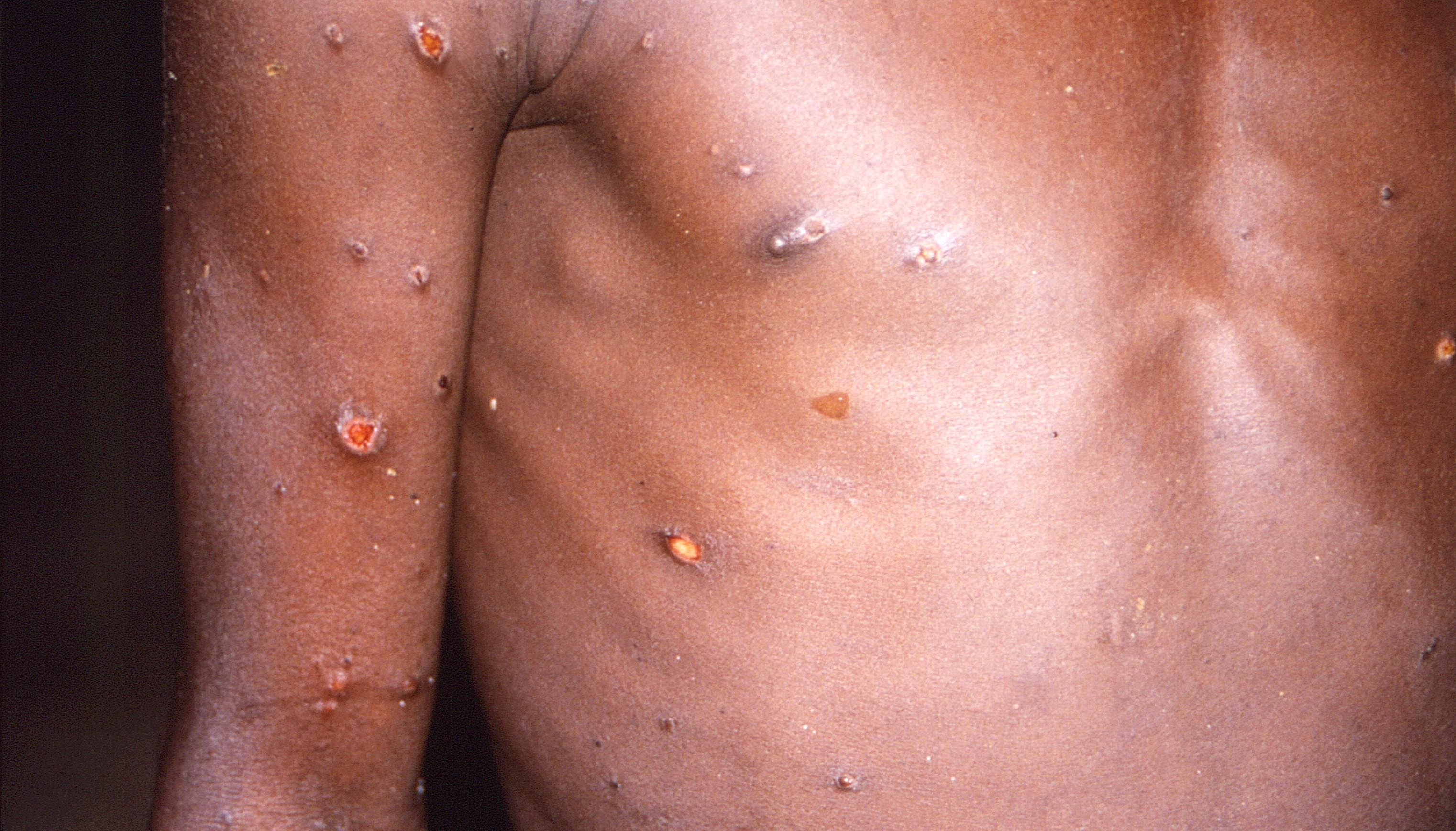Monkeypox transmission ‘occurs up to four days before symptoms appear’

In the first evidence of its kind, researchers said the transmission of monkeypox before symptoms arise might be much more “substantial” than previously thought
Don't Miss
Most Read
Latest
Transmission of the monkeypox virus occurs up to four days before any symptoms appear, UK Health Security Agency (UKHSA) scientists have discovered.
In the first evidence of its kind, researchers said the transmission of monkeypox before symptoms arise might be much more “substantial” than previously thought.
Their study estimated that more than half (53%) of transmission occurs in the pre-symptomatic phase, meaning many infections cannot be prevented by asking people to isolate themselves after they notice symptoms.
The research also has implications for how effective contact tracing can be because, when contacts are traced, they may already have passed the virus on to others.
The new study concluded that people would need to isolate for 16 to 23 days to detect 95% of those with a potential infection.
Symptoms of monkeypox vary between people but include rash, fever, chills, swollen lymph nodes, exhaustion and headache.
In September, the UKHSA announced that second doses of the smallpox vaccine are being offered to those people at highest risk from monkeypox.
More than 45,000 people have received a dose of the vaccine, including more than 40,000 gay, bisexual and other men who have sex with men. These groups have the highest risk of exposure to monkeypox.
UKHSA figures show that, as of October 24, there have been 3,548 confirmed and 150 “highly probable” monkeypox cases detected in the UK.
In mid-July, cases peaked at more than 60 per day, but have been falling since, with fewer than 15 cases per day on average in early September.
The new study concluded that people would need to isolate for 16 to 23 days to detect 95% of those with a potential infection
Brian W.J. Mahy
The new study, published in the British Medical Journal (BMJ), included 2,746 people who tested positive for monkeypox in the UK between May 6 and August 1
People were aged 37.8 years on average and 95% reported being gay, bisexual, and other men who have sex with men.
Researchers were interested in the time it took from when first symptoms occurred in the first patient to when symptoms developed in a second patient.
They also looked at the incubation period (time from exposure to the virus to onset of symptoms).
Overall, the findings showed that four days was the maximum time that transmission was detected before symptoms appeared.
Commenting on the study, Dr Nachi Arunachalam, monkeypox incident director at the UK Health Security Agency, said: “Throughout this outbreak we’ve continuously reviewed and gathered data and evidence to better understand the transmission of the monkeypox virus, ensuring our response is evidence-based.
“This modelling suggests there may be some transmission of monkeypox when people are pre-symptomatic or before they recognise they have symptoms, but there is still more work needed to understand pre-symptomatic and asymptomatic infections and what that might mean for future policies and management of the monkeypox outbreak.
“Whilst we continue to see fewer cases reported in the UK, it remains vital people are alert to the risk monkeypox poses and take action to protect themselves and others.
“Vaccination plays a crucial role in this so I would encourage those at highest risk to come forward and get your first dose.”












